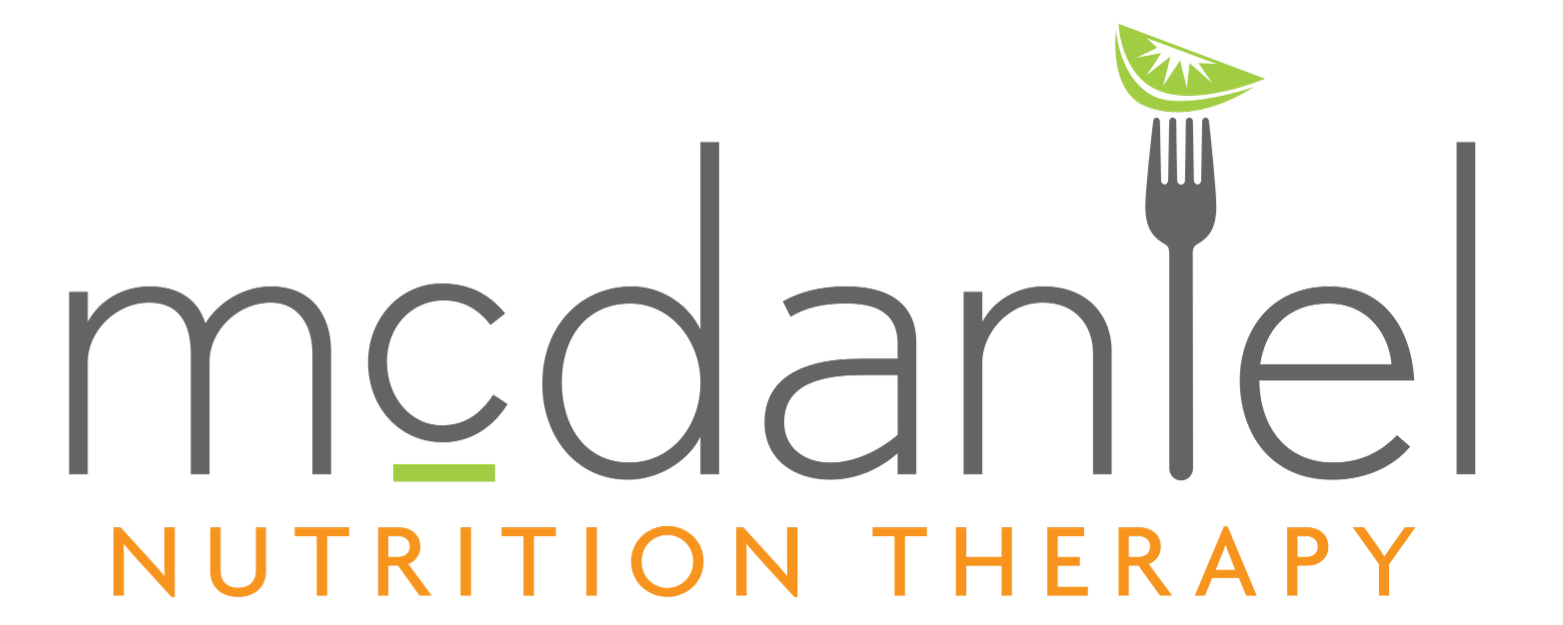
As a dietitian trained in evaluating research, I’ll admit—even I get confused about who to trust when it comes to menopause advice. The internet is flooded with misinformation. It’s difficult to know who or what’s credible. In today’s post, I share three trustworthy resources and summarize 2 nutrition takeaways from the recent 2024 Menopause Society Meeting.
Is there a best “diet” for menopause?
Pros and cons of intermittent fasting in menopause
DID YOU CATCH US ON KMOV, “MY MOMS CLUB?” Learn about our upcoming Menopause STRONG seminar on October 29th, 2024 6:30 pm CST.
Menopause Resources You Can Trust
- Dr. Jen Gunter’s Article: 12 Steps to Evaluate Menopause Content Dr. Gunter is a menopause expert known for debunking myths and offering evidence-based advice. Her guide gives practical steps for evaluating the accuracy of menopause information, whether you’re reading an article or listening to a podcast.
- 2022 Menopause Society Guidelines Comprehensive guidelines that offer the latest evidence on menopause management. It includes diet and lifestyle strategies to ease symptoms and promote overall well-being.
- 2023 International Menopause Society (IMS) Provider’s Toolkit While this toolkit is designed for healthcare providers, it’s incredibly useful for anyone wanting to make informed decisions about their menopause care. It covers topics like hormone therapy, nutrition, and exercise with a clear, research-backed focus.
Doing our due diligence to seek out credible resources and experts takes time. But, it’s empowering to be informed and advocate on our behalf.
Hot of the Press!
Two Nutrition Topics from the 2024 Menopause Society Meeting

Which diet is most beneficial for women during the menopause transition? Experts at the 2024 Menopause Society Meeting concluded that dietary patterns based on the Mediterranean diet offer the most support.
The Mediterranean diet is a plant-heavy diet, rich in fruits, vegetables, whole-grains and nuts and seeds. It also contains judicious amounts of fat from olive oil and fatty fish. It limits red meat and added sugars. It’s been shown to reduce the risk of heart disease, which becomes more prevalent in menopausal women. On top of that, it helps manage weight and can even reduce the severity of hot flashes—two issues that many women face during this stage of life.
Key Benefits for Menopause:
- Reduces heart disease risk: With cardiovascular health being a top concern during menopause, this diet’s heart-healthy benefits are significant.
- Promotes bone health: High calcium and magnesium levels + a plant-heavy diet support bone density.
- Reduces hot flashes: Some studies suggest that the Mediterranean diet can help ease hot flashes due to its anti-inflammatory properties.
Five Ways to Eat More Mediterranean at Home:
- Swap butter with olive oil when cooking.
- Include a serving of vegetables with every meal (even breakfast!). Arugula in scrambled eggs? Frozen cauliflower rice in smoothies?
- Add fatty fish like salmon or sardines to your menu at least twice a week.
- Choose whole grains like quinoa or farro over refined grains.
- Snack on nuts and seeds paired with fruit.
Intermittent Fasting During Menopause

Intermittent fasting was not a presentation topic at the meeting, but the question of its usefulness in menopause was asked by an audience member.
We’ve discussed different IF methods, such as 16:8 or 5:2, in previous newsletters, but here’s a quick refresher: Intermittent fasting involves cycling between periods of eating and fasting. It’s gained popularity for its potential benefits related to weight loss, metabolism, and hormonal balance. But how does it impact menopausal women?
I’ll start with this: expert speaker, Annina Burns, PhD, RD, from the NIH’s Office of Research on Women’s Health suggested that intermittent fasting might be one of the worst diets for perimenopausal women with its potential to exacerbate hormonal fluctuations and inflammation. We must always personalize our recommendations, and depending on the IF protocol, there might be *potential benefits for some women including metabolic and body composition improvements. But with concerns of hormonal disruption, nutrient deficiencies and energy and mood fluctuations, we tend to recommend a more flexible time frame of eating (12-hour time window of eating/fasting) and upfronting one’s food intake (eating 2/3 of your food before dinner) compared to late night, larger meals.
In summary, what works for one person might not work for another, so it’s essential to consult with a healthcare professional or dietitian to find your personalized approach. Empower yourself by seeking out credible resources and staying proactive in your menopause journey!

